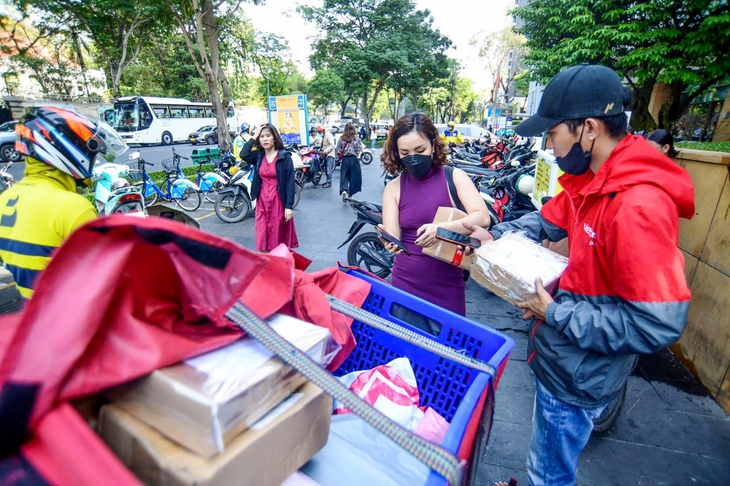
Vietnamese consumers are increasingly familiar with online shopping - Photo: QUANG DINH
Many Vietnamese businesses are looking for new ways to survive instead of engaging in price wars.
In the first months of 2025, a series of Vietnamese brands, especially in the fashion industry, continued to close their stores on e-commerce platforms because they could not compete with cheap imported goods, mainly Chinese goods, not to mention the new policy on platform fees forcing sellers to increase product prices to compensate.
Previously, in 2024, according to data from the Metric statistics platform, about 165,000 stores on 5 major e-commerce platforms in Vietnam (including Shopee, Lazada, Tiki, Sendo and TikTok Shop) stopped operating.
Chinese goods cover online channels
Through her social media account with millions of followers, TikToker Hannah Nguyen (HannahOlala) recently shared about her trip to Hangzhou, China to meet the founder of a cosmetics brand, and affirmed that the products of this business have "good quality, not inferior to any high-end brand in the world "!
To increase her reputation, this TikToker also shared footage of her being taken on a tour of the company's "product research institute" as well as its large office. Although she affirmed that she did not sign an advertising contract to post videos about the brand, she also took the opportunity to link up to sell Chinese cosmetics to Vietnamese customers through online channels.
Although it has only been heavily advertised in the past few months, TikTok Shop alone has more than 14,000 products of this Chinese business sold, generating huge sales, with products such as foundation, powder, skin cream, lipstick...
Many other "big guys" also spent a lot of money to invite influential people on the internet such as online sales "god of war" Vo Ha Linh, TikToker Truong Nha Dinh, TikToker Call Me Duy (Vu Duy)... to companies in China to advertise their products. With thorough investment and vivid advertising, many Chinese cosmetic brands have gradually become familiar to Vietnamese consumers, especially young people...
In addition to cosmetic products, many products from the fashion, household, food industries... are also actively promoted. Besides the "big guys" with a lot of money, many Chinese individuals, not only those who are fluent in Vietnamese, but also those who are not fluent in Vietnamese, confidently sell on TikTok with the help of language translation software.
Associate Professor Dr. Nguyen Huu Huan, senior lecturer at the University of Economics, Ho Chi Minh City, sees a wave of foreign goods, especially Chinese goods, pouring into the Vietnamese market through e-commerce channels. In particular, through Vietnamese people with great influence online, many "made in China" products are loved by Vietnamese consumers.
According to Mr. Huan, there are Chinese toy models that suddenly become the "dream" of many Vietnamese customers, especially young customers, thanks to being promoted systematically with "winged" words and flashy advertising videos, different from the "allergic" mentality towards cheap and poor quality "Chinese goods" of Vietnamese consumers in the past.
Finding a way after leaving the "low-cost war"
Founder of women's fashion brand Edini, opening many stores in Ho Chi Minh City, Quyen Nguyen said that after more than 12 years of working with casual and trendy designs (casual, trendy...), Edini officially said goodbye to this product line. The announcement was widely publicized for customers on online channels to keep up with the situation.
"This was not an easy decision but a necessary one, because we cannot continue to follow rapid changes, reduce product quality to compete on price, or participate in price tricks from intermediary channels. That not only affects Edini, but also causes many Vietnamese brands, which have done very well since 2011, to leave the game," she shared.
With the new strategy, this brand "returns to the core", develops traditional, unique, personalized designs, maintains product quality, and does not mass produce. One of the products developed by this business in the new direction is the ao dai. There are ao dai designs that are intricately embellished with sequins, exuding charm.
A representative of the fashion brand Metanoia (headquartered in Hanoi) acknowledged that there is a situation in the market where sellers are trying to find every way to reduce prices.
By cutting down on production steps, eliminating fabric processing or lining steps - seemingly small details that determine the durability, comfort and longevity of the product.
Choose cheap fabrics, nylon blends, which are easily frayed, easily accumulate static electricity and... "easily fool the buyer when new".
Sometimes this group even uses images and designs similar to big brands, "borrowing the halo of names that have taken many years to build, to sell products at shockingly low prices". "All of that helps "run revenue". But this does not bring sustainable value", this person said.
Instead of focusing on cheap goods and constantly following trends, many Vietnamese brands are gradually changing, emphasizing quality and differentiation. According to the Metric platform, Vietnamese consumers increasingly prioritize genuine stores to ensure product quality and service reliability.
Consumer psychology is increasingly strict, emphasizing peace of mind when shopping in the context of widespread low-quality goods.
Imported goods through e-commerce platforms are increasing
According to a report by the Metric data analysis platform, in the first quarter of 2025 alone, imported goods via the Shopee e-commerce platform into Vietnam reached a turnover of VND 3,600 billion with more than 80 million products sold, an increase of more than 12% in sales and more than 7% in output compared to the same period last year. Imported goods attract customers thanks to their advantages of low prices, diverse designs and suitability to tastes.
According to this platform, the average value of each product on the e-commerce platform in the past time was only about 45,200 VND, showing that consumers prefer to buy in large quantities at low cost.
This trend is increasing competitive pressure for domestic sellers, especially in the popular product group, forcing domestic sellers to improve product quality and appropriate pricing strategies to maintain market share.
And according to forecasts, after the US ended its tax exemption policy for goods from China with a value of less than 800 USD from May 2, and the US-China trade war has not cooled down, many experts predict that Chinese goods will be pushed to other markets, including Vietnam, making it more difficult for Vietnamese production and business activities in the domestic market.
Increase livestream sales of Vietnamese products
In order to support the local business community and farmers to promote their typical products, many large e-commerce platforms in Vietnam are promoting livestream programs for Vietnamese products.
Recently, Shopee announced the project "Quintessence of Vietnam Together" which includes new shopping and entertainment experiences with many quality "made in Vietnam" brands and diverse product lines. In particular, some livestream sessions are dedicated to honoring the cultural identity of many localities and exploiting unique topics.
Mr. Tran Tuan Anh, director of Shopee Vietnam, said the project aims to help the seller community connect local values and characteristics with a wider user base through e-commerce channels, together with businesses and users to honor Vietnamese products, "Vietnamese people prioritize using Vietnamese products".
Meanwhile, TikTok Shop organizes the GreenUP program, which is a tour of factories of Vietnamese enterprises with sustainable production processes, with a number of selected supported brands such as APG ECO (rice), Phong Phu (cotton towels), TH True Milk (milk)..., to support the promotion of green brands and products.
Specifically, the platform connects content creators and sellers to conduct livestream sessions right at the factories of businesses to show the open development potential that e-commerce brings to Vietnamese brands to develop in a sustainable direction and the community's acceptance of green consumption trends.
Also aiming to support sellers in Vietnam, Lazada platform provides artificial intelligence application tools with new GenAI (Generative AI) features to help sellers improve the way products are displayed on the platform, streamline operations as well as promote customer conversion rates.
Do not let policies be exploited, affecting domestic production.
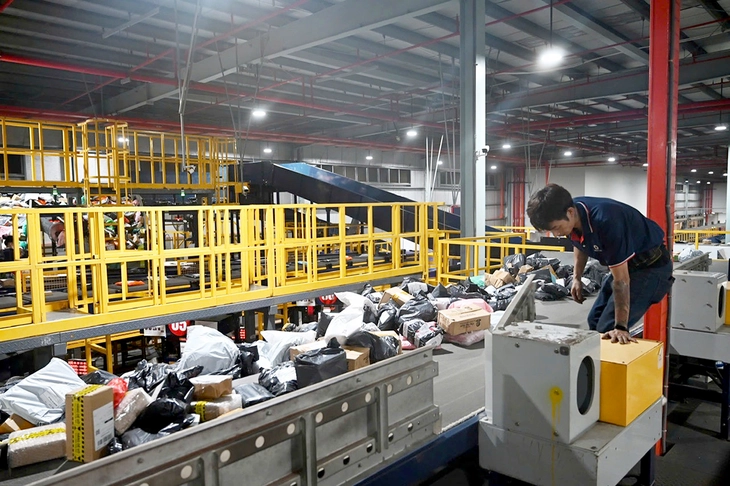
In addition to low prices, Chinese goods also have the advantage of modern logistics, making delivery of goods convenient - Photo: B.MAI
After abolishing the policy of exempting import tax and value-added tax for imported goods worth VND 1 million via e-commerce platforms, effective from February 18, 2025, the Ministry of Finance proposed to exempt import tax for orders worth less than VND 1 million, with the condition that the total tax exemption does not exceed VND 48 million/year for each organization and individual.
MSc. Huynh Ho Dai Nghia, lecturer at the University of Economics and Finance, Ho Chi Minh City, said that the limit of 48 million VND/year is a control measure to avoid fraud, prevent profiteering, and split orders to evade taxes, ensuring that tax exemption only serves personal consumption purposes.
This tax exemption also aims to create conditions for Vietnamese consumers to experience foreign goods, encourage legal consumption instead of floating hand-carried goods, and indirectly create positive pressure on domestic manufacturers to improve quality and have appropriate pricing policies.
However, according to Mr. Nghia, it is necessary to consider the impacts on domestic production and business, because this tax exemption policy can create inequality between imported goods and domestically produced goods.
In reality, domestically produced goods are subject to all kinds of taxes (value added tax, corporate income tax, environmental protection fees...), while small-value imported goods are exempt from tax, which creates inequality.
Furthermore, although there is tax exemption for small orders and a limit on the amount of tax-free purchases in a year, if not well controlled, it can be exploited to split orders to avoid taxes.
In particular, it is necessary to see whether the customs authority's digital infrastructure is sufficient to determine whether the buyer has reached the tax exemption threshold of VND 48 million/year or not, and whether it can distinguish between personal consumer goods and disguised business goods or not?...
"The core issue to consider is how to ensure that the policy is not exploited, does not harm domestic production, but still creates favorable conditions for consumers and reduces administrative burdens. The solution should not be "tax exemption or no tax exemption", but conditional exemption, with limits and controlled by modern technology", Mr. Nghia emphasized.
Source: https://tuoitre.vn/nhieu-thuong-hieu-viet-duoi-suc-tren-san-online-20250506223349039.htm


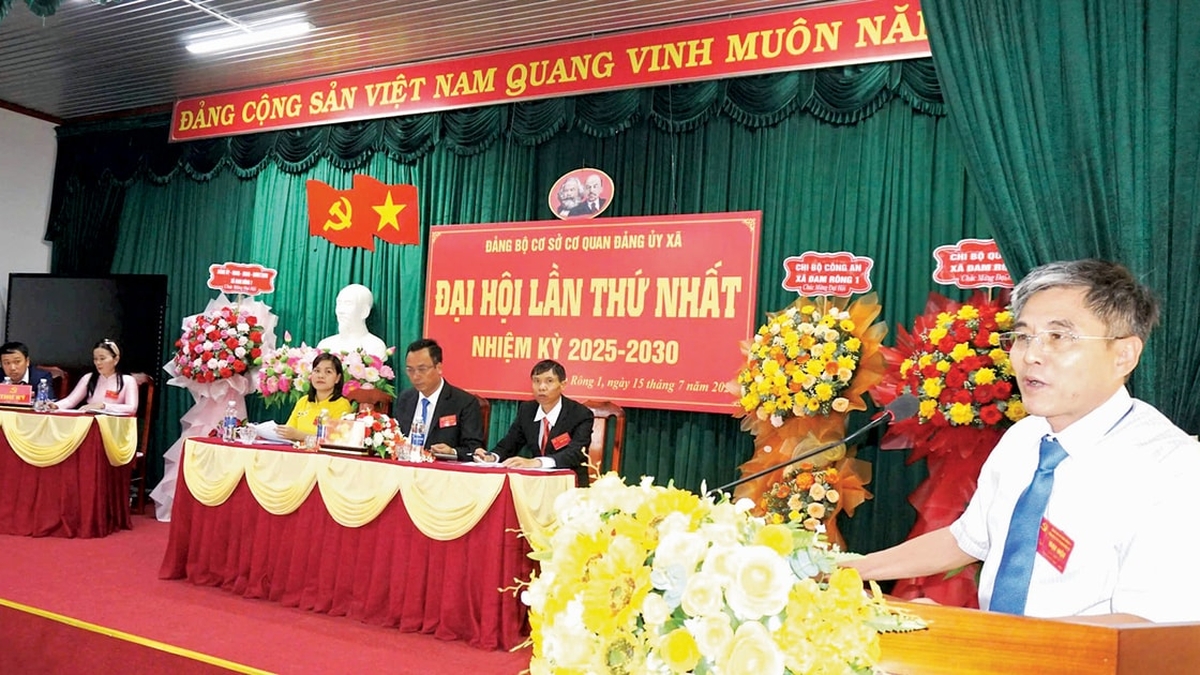
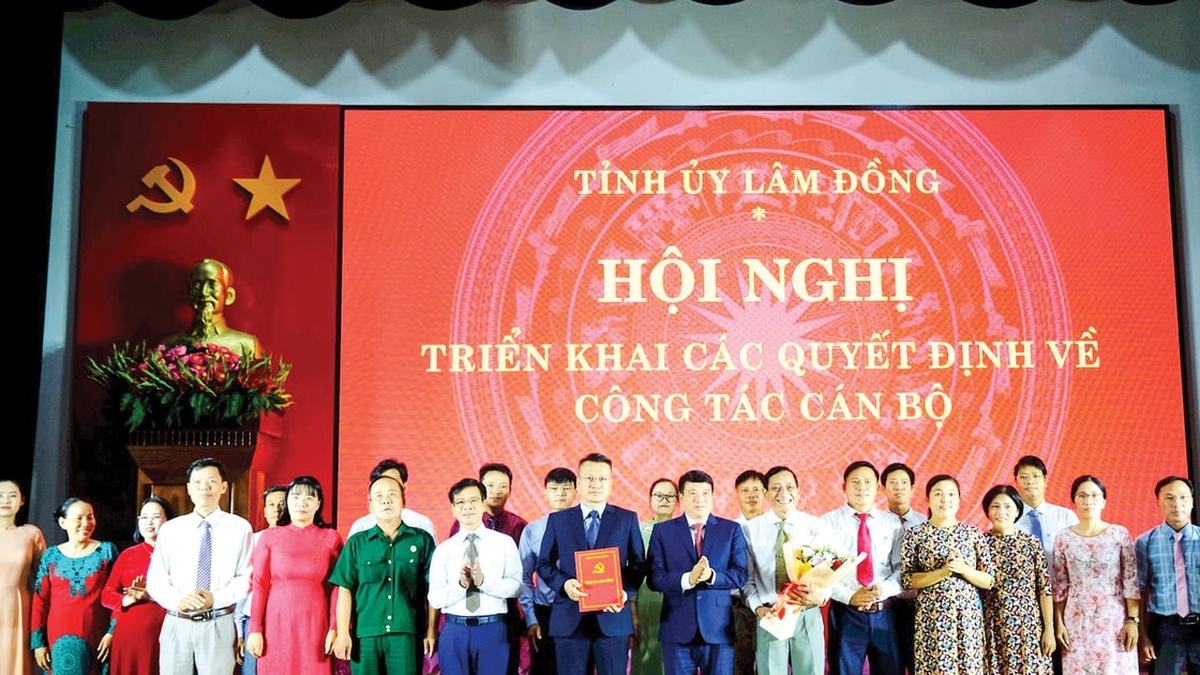
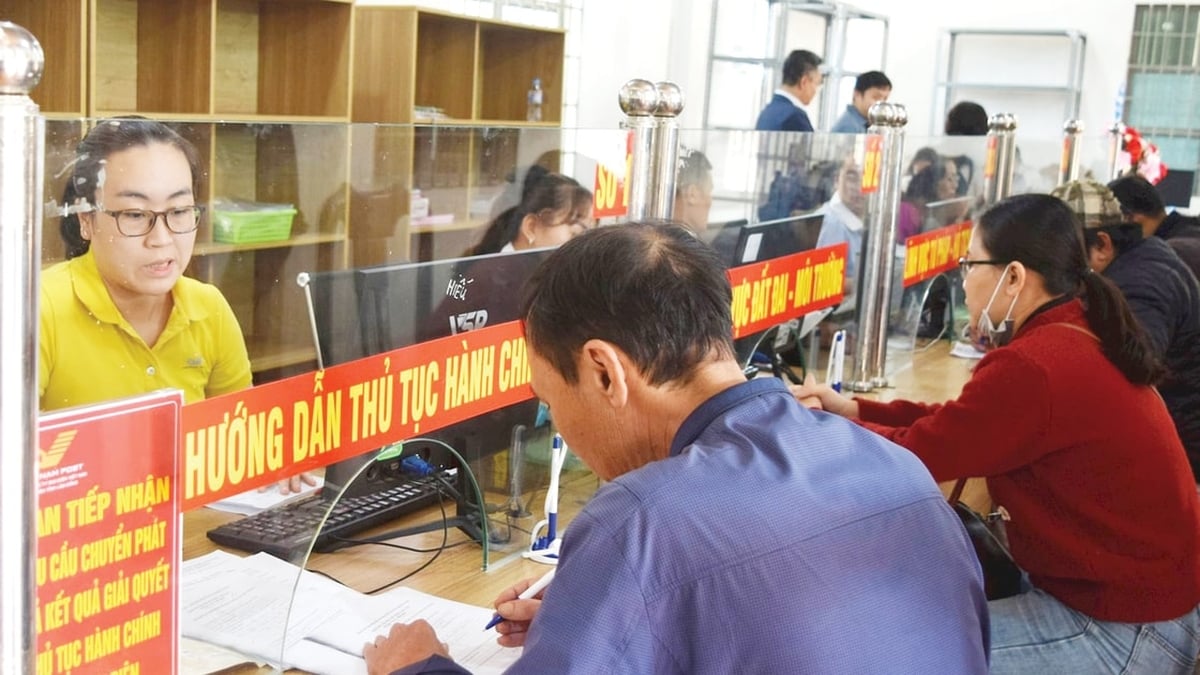
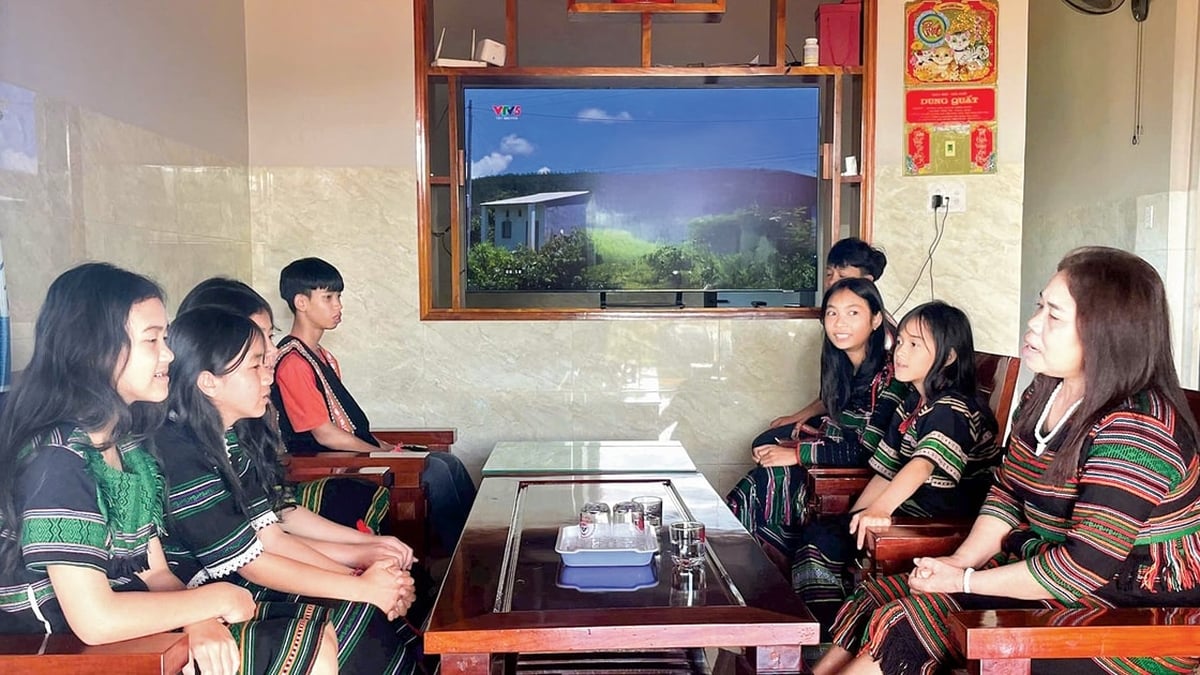

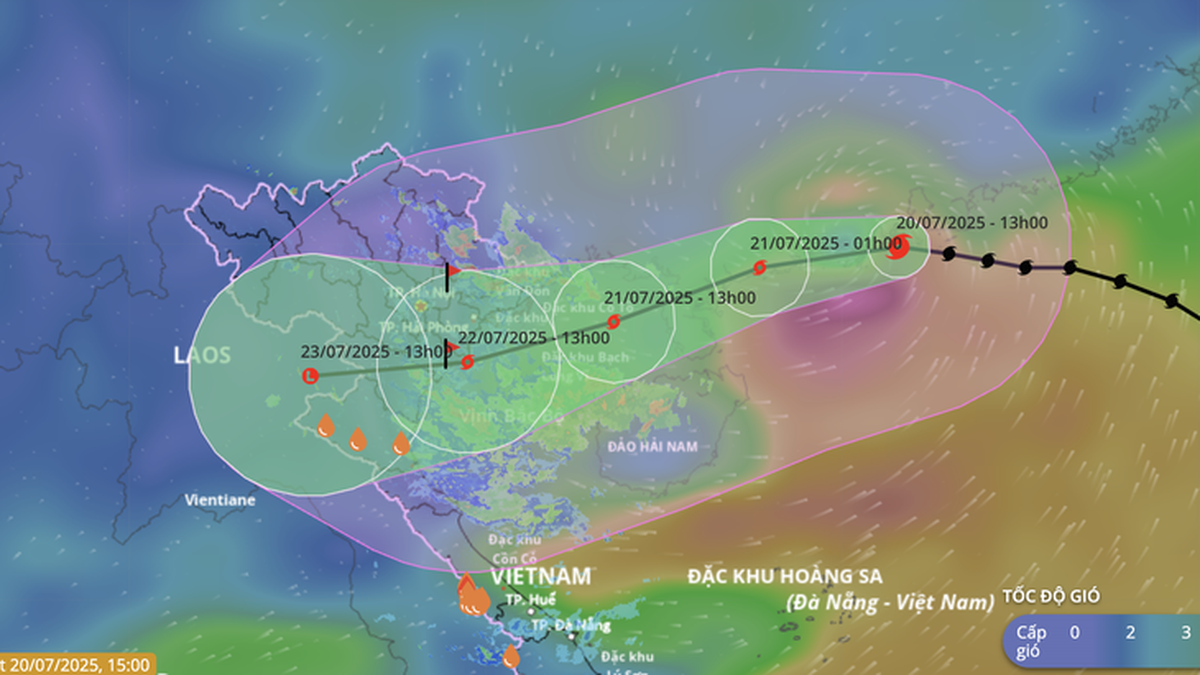
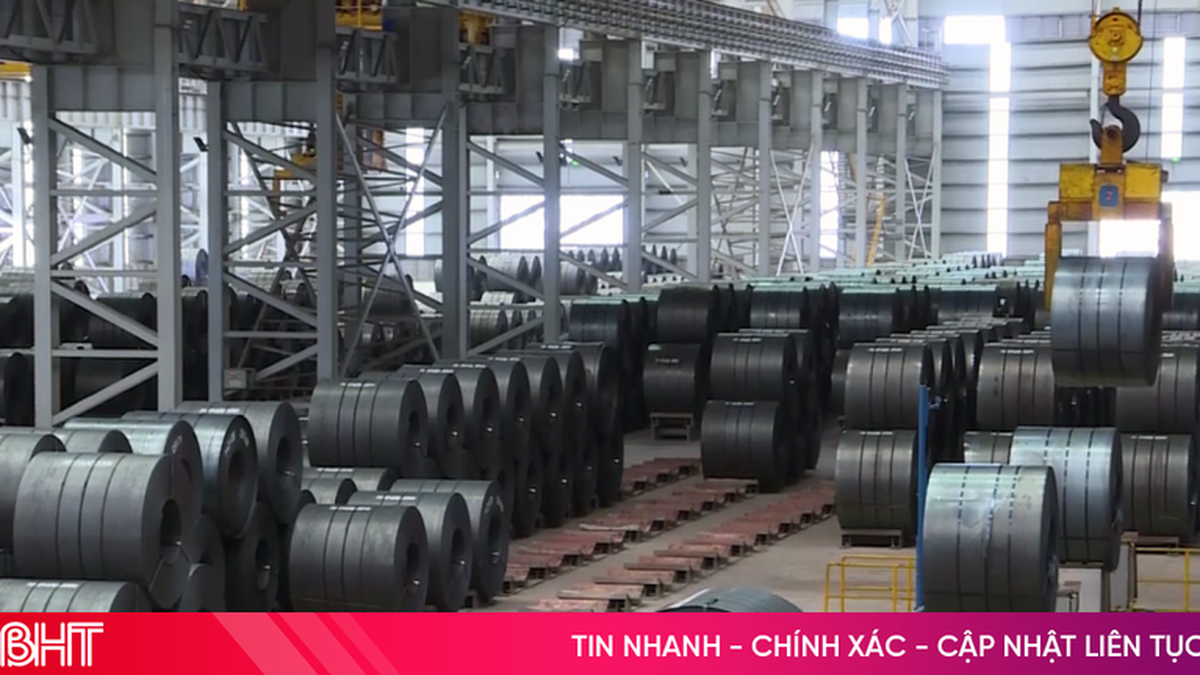
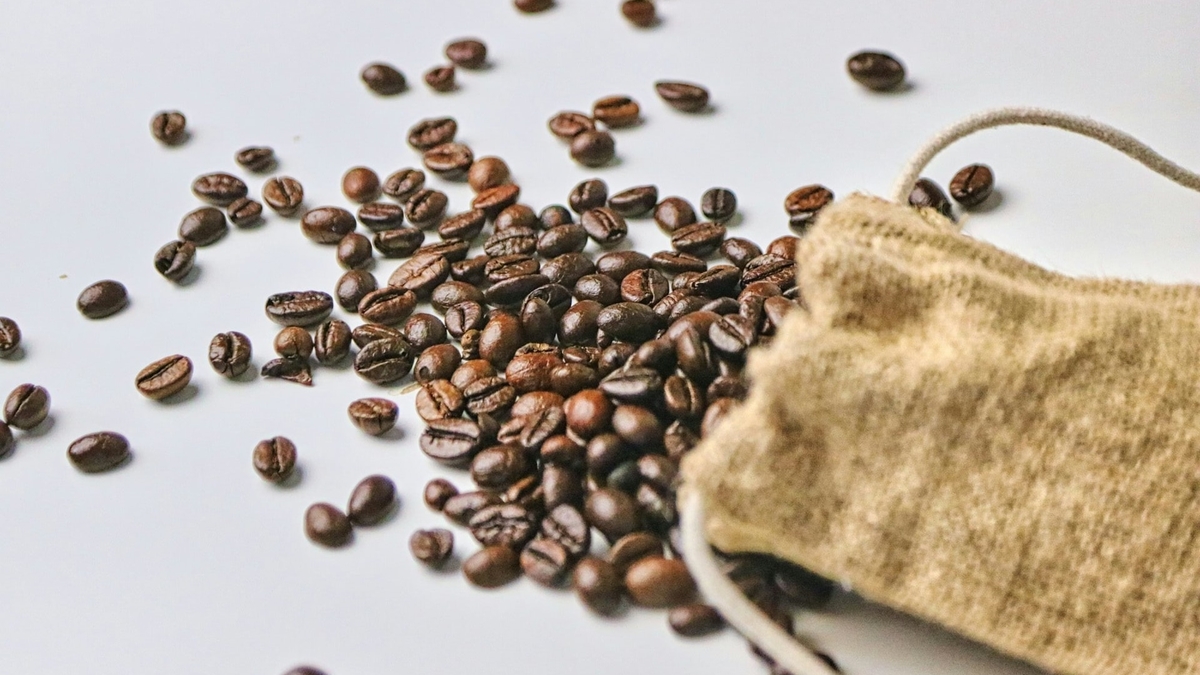
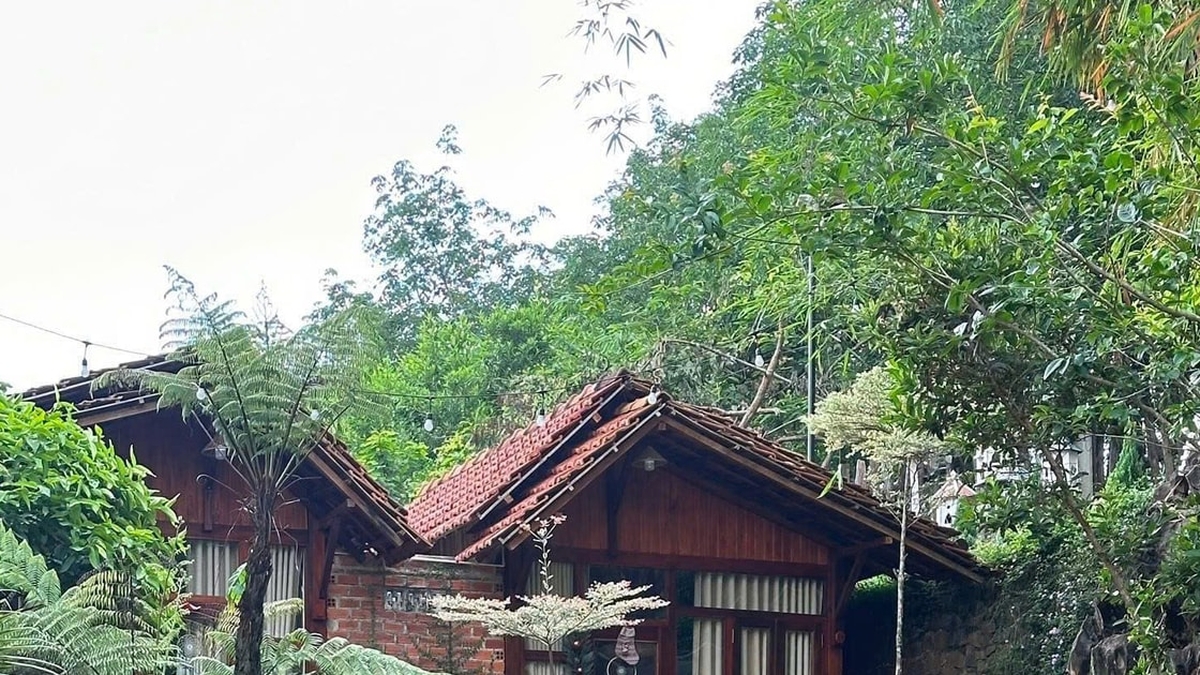
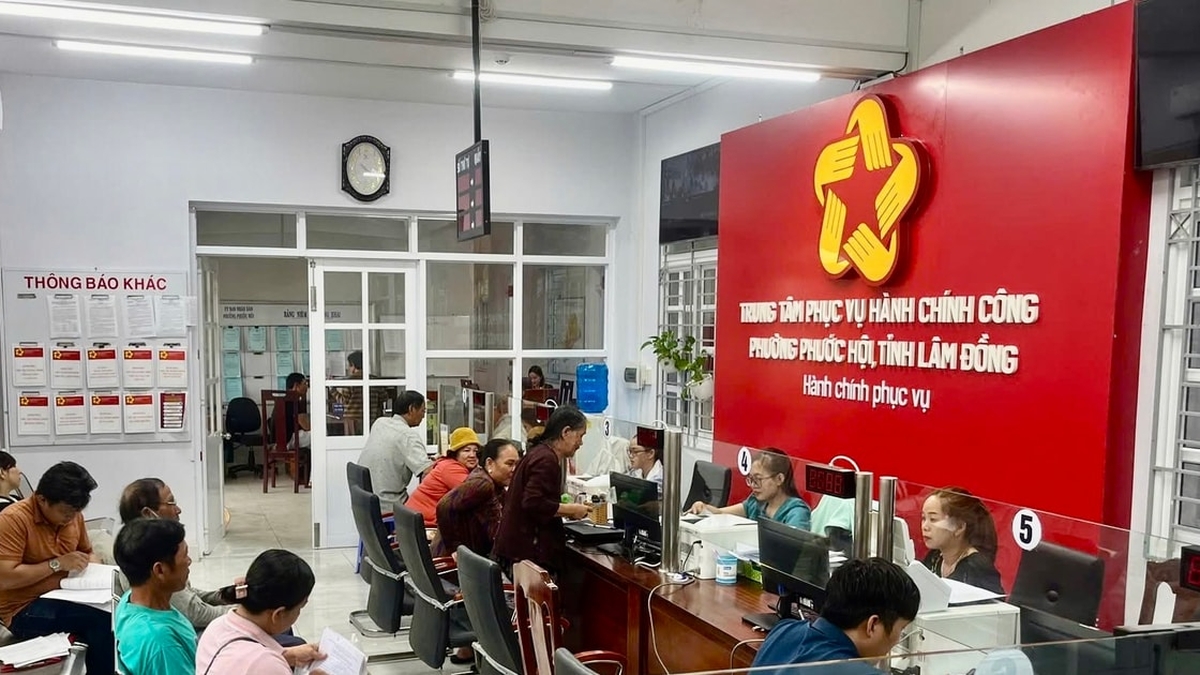












![[Photo] National Assembly Chairman Tran Thanh Man visits Vietnamese Heroic Mother Ta Thi Tran](https://vphoto.vietnam.vn/thumb/1200x675/vietnam/resource/IMAGE/2025/7/20/765c0bd057dd44ad83ab89fe0255b783)








































































Comment (0)